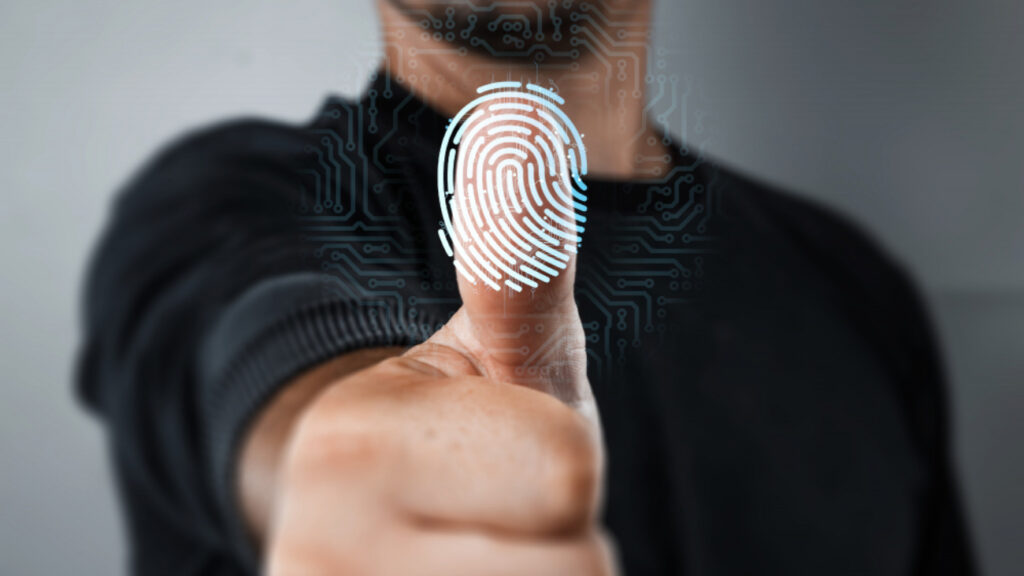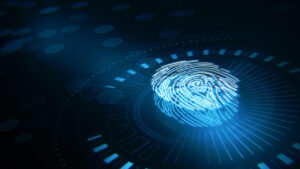Bahaa Abdul Hadi says whether we interact with digital environments online, access a government function, or enter into a social media platform, trust is fundamental in all we do. But faith in centralized systems—where data is under control by governments or large corporations—has been erased recently in response to growing data breaches, privacy issues, and personal information abuse.
Now enter distributed identity (DID), a revolutionary technology providing a means to rebuild digital trust and empower people over their personal information. But specifically, how does DID improve digital trust? Let us start now.
What is decentralized identity?
Decentralized identification is a digital identity management system designed to enable people to maintain their own personal data independently of centralized control. Decentralized identities use blockchain or distributed ledger technologies (DLT) to generate a safe, verifiable, and self-sovereign identity for every individual instead of storing personal information on centralized systems controlled by third parties like governments or tech businesses.
Crisis in Digital Trust
We should first consider why digital trust is under danger nowadays before we discuss how DID strengthens trust. Systems of centralized identity—those employed by banks, social media platforms, or even government agencies—often retain enormous volumes of personal data in databases subject to hacking, illegal access, and exploitation. Data leakage and possible abuse increase with a system’s degree of centralization.
Moreover, these centralized systems usually demand people to rely on outside organizations with the most intimate information. Many times, users have little knowledge about who has access to their data, how it is being used, or how safely it is kept. Growing mistrust of the security and dependability of centralized identity systems has followed from the rise of data breaches and privacy abuses.
How Decentralized Identity Builds Trust?
User Control and Autonomy: Returning control to the users is one of the main ways distributed identity builds confidence. Individuals own and control their personal data under DID, choosing what to publish, when, and with whom. DID guarantees that users are not at the hands of third parties who might abuse or mishandle their data by centering the user on their identity. Users of this self-sovereign identification paradigm are empowered to protect their privacy, therefore fostering a better sense of trust and security.
Enhanced Privacy: Operating on distributed ledgers or blockchain, which are intrinsically safe and tamper-resistant, DID systems improve privacy. Users of a DID system can share just the required data while verifying their identity, therefore preserving their privacy. For example, a distributed identity system might let you authenticate with just an email or username when logging into a website, therefore avoiding sharing of your complete identity or other sensitive information. By lowering the exposure of personal data and hence minimizing the risk of identity theft and fraud, this selective sharing helps to foster trust in digital environments.
Immutable and Verifiable: Blockchain-based distributed identification systems offer a degree of security and openness hard to reach in centralized systems. Once data is entered onto a blockchain, it cannot be changed or deleted, so verifying identification credentials is ensured by its tamper-proof nature. If a government generates a distributed digital ID, for instance, anyone, anywhere, can readily check it without using a third party to confirm it. This degree of openness and trust helps one to believe in the validity of digital identities, therefore facilitating online transactions and interactions.
Conclusion
Giving people control over their personal data, therefore guaranteeing privacy, and allowing safe, verified online interactions—decentralized identification is a potent strategy for increasing digital trust. DID promotes more openness, lowers fraud, and increases confidence in digital services by divorcing reliance on centralized authorities.
Decentralized identity will be more important in building a safer, more trustworthy online environment where users may boldly interact, transact, and participate in the digital world as we keep heading toward a more digital future. The article was written by Bahaa Abdul Hadi and has been published by the editorial board of Identity Herald. For more information, please visit www.identityherald.com.




